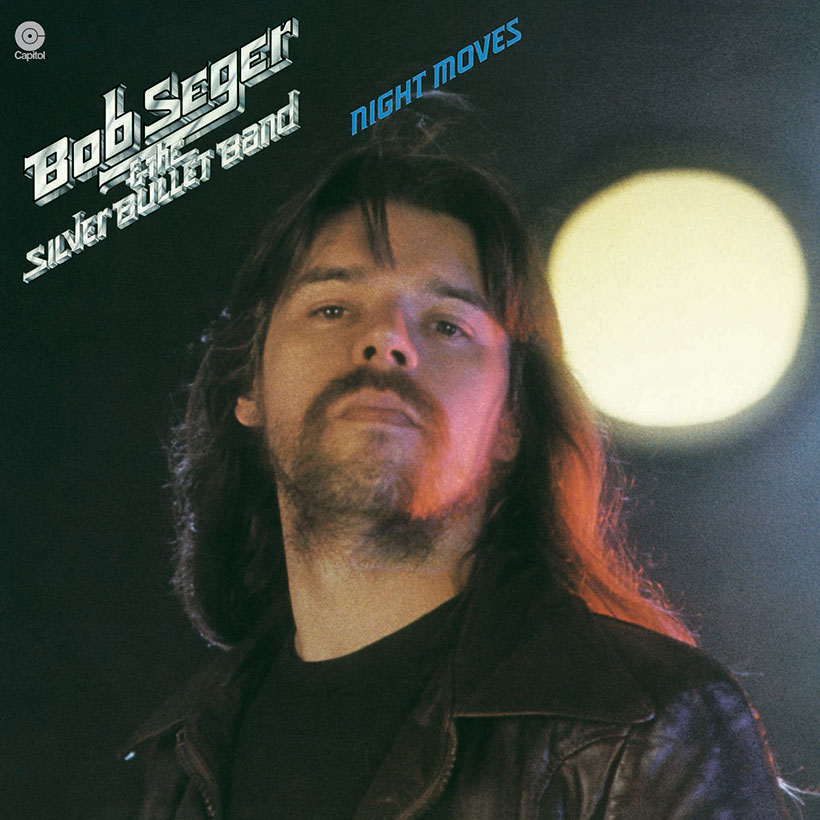By the time he was welcomed into the mainstream, singer-songwriter Bob Seger had paid more than his fair share of dues. Often critically hailed for his distinctively raspy but impassioned vocal delivery and his rough yet resonant brand of blue-collar rock’n’roll, Seger had been a bona fide star in his native Detroit since the mid-60s. He’d scored his first national hit in 1969 when his spirited “Ramblin’ Gamblin’ Man” peaked at No. 17 on the Billboard Hot 100, his first step on the way to his first Top 10 US album, 1976’s Night Moves.
Listen to Night Moves on Apple Music and Spotify.
Sustained success, however, initially proved elusive. Despite several warmly received LPs, including Back In ’72 and the Capitol-issued Brand New Morning, the early 70s were relatively lean years for Seger. Indeed, his commercial fortunes only changed for the better after he recruited a talented new backing group in 1974.
A versatile ensemble including respected Detroit luminaries such as guitarist Drew Abbott and drummer Charlie Allen Martin, the freshly dubbed Silver Bullet Band ably supported their new frontman on 1974’s Seven and the following year’s Beautiful Loser, by which time Seger had re-signed with Capitol. Further acclaim followed with Live Bullet, compiled from two ecstatically received shows from Detroit’s Cobo Hall in September ’75. Yet while that record received solid radio support and climbed to No. 34 in the US charts, Seger remained a relative unknown outside of his native Michigan.
That situation changed dramatically when Capitol issued Night Moves on October 22, 1976. Assembled from fruitful Silver Bullet Band sessions in Detroit, and a quartet of songs recorded with the legendary Muscle Shoals Rhythm Section in Alabama, the album immediately picked up critical plaudits, with Rolling Stone’s reviewer Kit Rachlis right on the money when he suggested, “Night Moves offers rock’n’roll in the classic mold: bold, aggressive and grandiloquent.”
In agreement that Seger’s moment had arrived at last, long-term devotees and the wider American public fell in love en masse with Night Moves’ alluring blend of roots-y, rough-house rock’n’roll, and badass attitude. Yet while there was no denying that tracks such as the anthemic “Rock’n’Roll Never Forgets” and the ribald “Sunspot Baby” (“She gave me a false address/Took off with my American Express”) were examples of hard-driving Detroit rock’n’roll at its very best, the record’s pair of Top 30 smashes – the classy ballad “Mainstreet” and the heartstring-tugging titular song – were shot through with a widescreen, Springsteen-esque ambition which would assist the hard-grafting Seger to outlast the majority of his contemporaries.
Eventually peaking at No. 8 on the US Billboard 200, Night Moves promoted Bob Seger to superstar status and went on to sell over six million copies in North America. Its success also encouraged new fans to invest in the much-lauded Live Bullet, which later went quintuple platinum and returned to the US Billboard 200, where it remained a regular fixture for a phenomenal 168 weeks.
Night Moves can be bought here.



